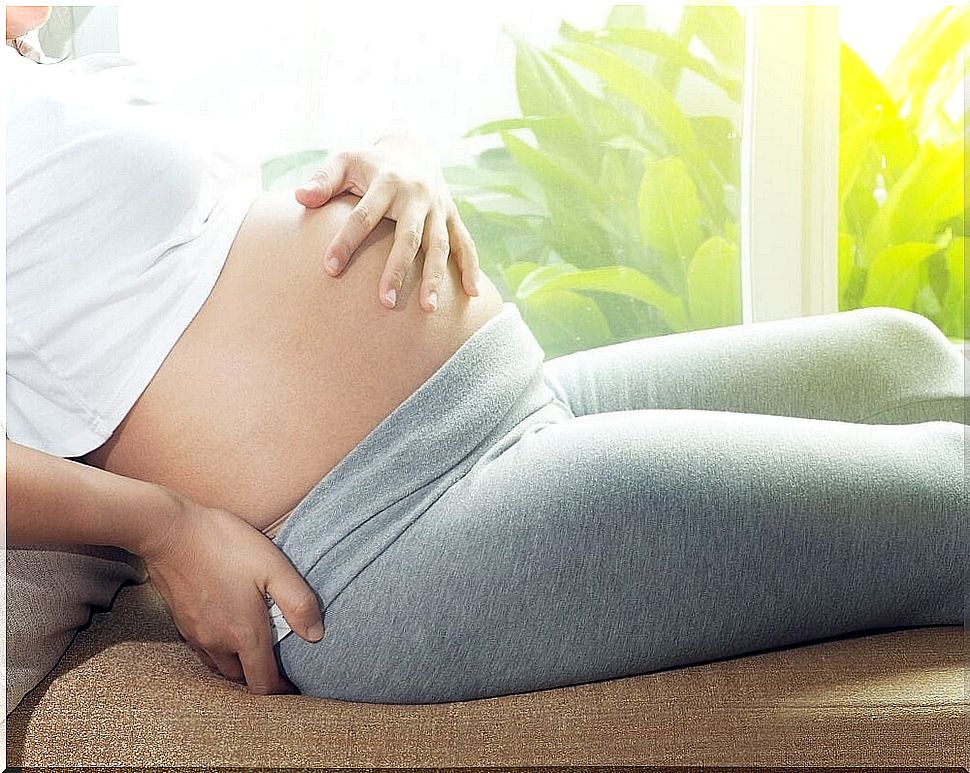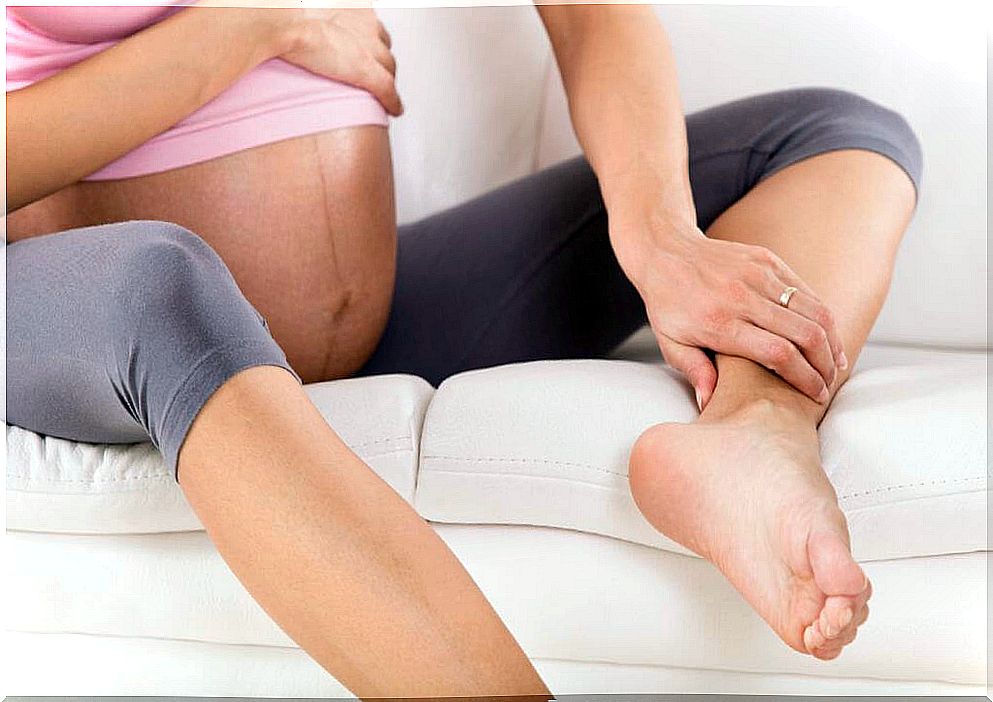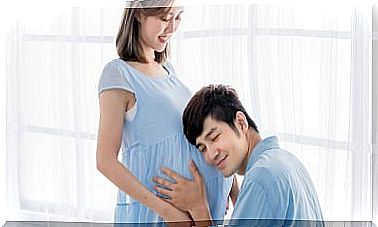15 Common Discomforts In Women During Pregnancy

Pregnancy represents for women a period of physical changes that is generally accompanied by some discomforts that, believe it or not, are very common in all pregnant women.
The woman’s metabolism is accelerated in order to support the development of the embryo, so the mother’s vital organs have to work much harder.
This causes some common discomforts to appear in most pregnant women that usually change every trimester and disappear after delivery.
These discomforts are not the same for all pregnant women and vary in each trimester of pregnancy, all this occurs due to the hormones of pregnancy and in general they are not alarming. Knowing the symptoms and treatments will allow you to feel more relieved.
Pregnancy discomfort in the first trimester
Heartburn
This is a very common discomfort of pregnancy. It is caused by pregnancy hormones such as progesterone. It can be avoided by raising your head a little to sleep and eating at least 5 meals a day.
Tiredness
It is due to the action of hormones and weight gain. To avoid this, try to rest as much as possible and take a nap whenever you can.
Constipation
Constipation is a typical discomfort throughout pregnancy. To combat constipation in pregnancy, it is best to drink at least 2 liters of water a day and follow a diet rich in fiber.
Frequent urge to urinate
The frequent urge to urinate is one of the first symptoms of pregnancy, as well as a common discomfort at the beginning of pregnancy and in the final stretch of pregnancy. Avoid dehydration by drinking plenty of water.
Nausea, vomiting, and dizziness
To alleviate nausea in pregnancy a little, it is enough to follow a balanced diet or drink a carbonated drink.
Pregnancy discomfort in the second trimester
Cramps
Cramps are a typical second trimester complaint. In the case of suffering them, you can give yourself a massage in the affected area. A diet rich in calcium and magnesium helps prevent cramps.
Nasal congestion
Nasal congestion is a common complaint of the second trimester of pregnancy. Be careful not to confuse it with a common cold, make sure you do not have other symptoms such as fever or discomfort, if so, you should see a doctor.
Edema or swelling of the feet and hands

The appearance of this discomfort is generally related to fluid retention, typical during pregnancy. To reduce swelling, the best remedy is to rest and put your feet up.
Skin spots in pregnant women
Some pregnant women have spots on the face, called chloasma or pregnancy mask, on the bridge of the nose, cheeks and neck. To avoid them, apply total protection cream.
Varicose veins on the legs
Varicose veins are a common discomfort in pregnant women caused by softening of the veins. This discomfort can be prevented by avoiding spending a lot of time on your feet.
?? No language can express the power, beauty and heroism of a mother’s love ??
-Edwin H. Chapin-
Discomfort of pregnancy in the third trimester
Hemorrhoids in pregnancy
Hemorrhoids are a very common nuisance in pregnant women. To avoid them, a diet rich in fiber is recommended to help the intestines function properly.
Back pain
Low back pain is a pain that appears in the lower and central part of the back, it is one of the most typical discomforts of pregnancy. As a tip, apply heat to the affected area and do some exercises to ease the pain.
Gum problems in pregnant women

Gum problems or gingivitis are quite common in pregnancy. To avoid this discomfort, it is advisable to visit the dentist regularly and follow correct oral hygiene habits.
Palpitations in the last trimester
Palpitations or tachycardias are common due to increased blood volume. In principle, they do not represent gravity. However, when recurrent palpitations occur, it is necessary to notify the doctor to determine its real origin.
Rib pain
Rib pain is typical of late pregnancy, due to the increasing size of the uterus and the movements of the fetus. Avoid spending a lot of time sitting during the last stretch of pregnancy, you can try postures that help you stretch your chest.










